Founded in 1961 to stimulate economic progress and world trade, the OECD is an intergovernmental organisation with 38 member countries, including the UK.
According to the report, ‘Global Plastics Outlook: Economic Drivers, Environmental Impacts and Policy Options’, the annual global production of plastics has doubled since the millennium, soaring from 234 million tonnes (Mt) in 2000 to 460 Mt in 2019.
Plastic waste has more than doubled, from 156 Mt in 2000 to 353 Mt in 2019, the OECD says. Forty per cent of this waste by weight was packaging.
After accounting for losses during recycling, only 9% of plastic waste was recycled, while 19% was incinerated, and almost 50% went to ‘sanitary landfills’, the OECD says.
The OECD also says plastics have a “significant” carbon footprint, contributing 3.4% of global greenhouse gas emissions throughout their lifecycle.
In 2019, plastics generated 1.8 gigatonnes (Gt) of greenhouse gas emissions, with 90% coming from their production and conversion from fossil fuels.
Covid-19
During the last couple of years, the Covid-19 pandemic has increased single-use plastic waste, the OECD says, though plastics use fell overall.
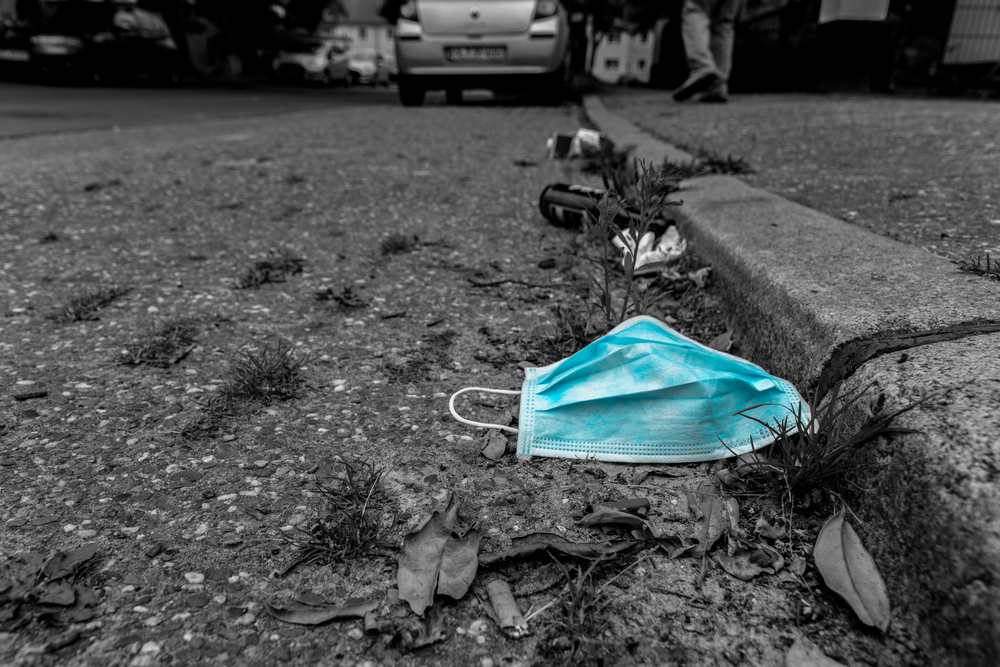
The lockdowns and decline in economic activity during 2020 reduced plastics use by 2.2% by weight from 2019 levels, the OECD says.
However, the increase in the use of protective personal equipment and single-use plastics has exacerbated plastic littering.
Presenting the findings of the report, Shardul Agrawala, head of the OECD’s environment and economy integration division, said: “Weight is not always a good proxy for environmental impacts.”
The OECD projects that plastics use will “pick up” as the economy rebounds.
Markets
The OECD proposes several ‘critical levers’ to reduce the environmental impacts of plastics.
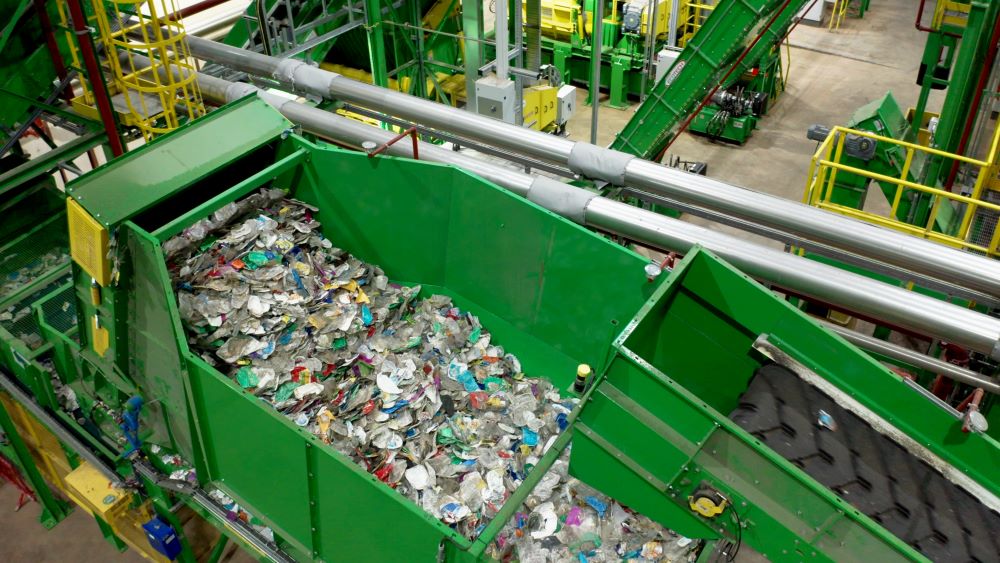
First, the organisation suggests governments should develop recycled plastics markets by combining ‘push and pull’ policies.
The OECD says secondary plastic production remained “marginal” in 2019, representing only 6% of total plastics production.
Mr Agarwal identified several barriers to higher recycling, including higher costs relating to collection, sorting, and processing, a lack of “differentiated demand” from primary plastics, and low market resilience.
The OECD says some countries have successfully strengthened their markets by “pushing” secondary plastics supply – for example, through extended producer responsibility schemes – as well as “pulling” demand via recycled content targets.
Critical levers
Elsewhere, governments should boost innovation for a more circular plastics lifecycle, the OECD says. It says more ambitious policies are needed, including a combination of investments in innovation and interventions aimed at increasing demand for circular solutions while restraining plastics consumption overall.
Our findings point to the need for a whole of life-cycle approach requiring policy interventions both downstream of the value chain and upstream
- Mathias Cormann, secretary general of the OECD
And, the ambition of domestic public policies should be “strengthened”, the OECD says. It proposes a policy roadmap for countries to reduce the ‘leakage’ of plastics, including by creating incentives for recycling and enhance sorting at source, and restraining demand and optimising design to make plastic value chains more circular and recycled plastics more price competitive.
The OECD also says international co-operation needs to be strengthened to make plastics value chains more circular and achieve ‘net zero plastic leakage’. To finance the required estimated costs of €25 billion a year in low- and middle-income countries, all available sources of funding must be mobilised, the OECD says, including official development assistance, which currently covers only 2% of the financing needs.
Consumption
The OECD says the report is the first to take stock of current plastics production, use, and waste generation, uncover the underlying economic drivers, and map the related environmental impacts on a global level.
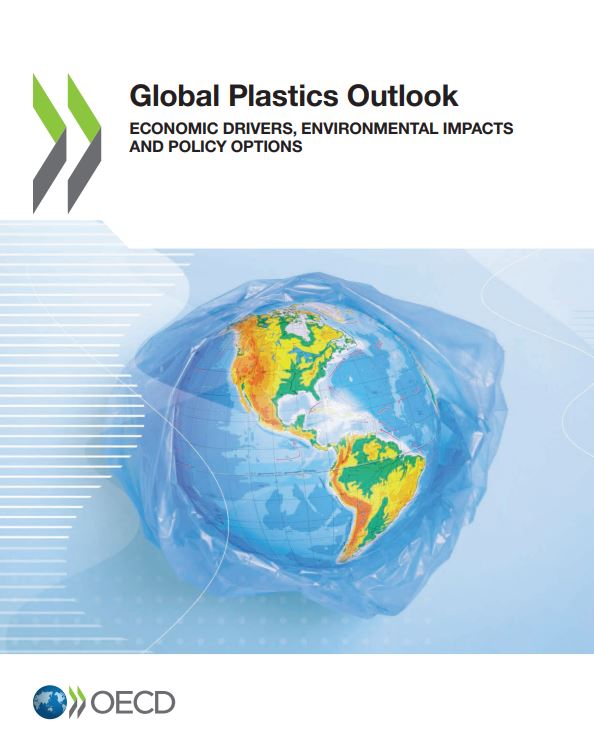
Mathias Cormann, secretary general of the OECD, said: “The sheer magnitude of our societies’ consumption of plastics bears important drawbacks.
“Plastics use results in a high production-related carbon footprint, high volumes of waste, persistent pollution and harm to wildlife and ecosystems when leakage to the environment occurs, and considerable socio-economic costs due to the negative impacts of plastic litter on tourism and fisheries.”
He added: “Our findings point to the need for a whole of life-cycle approach requiring policy interventions both downstream of the value chain, such as end-of-life management, and upstream, like product design, for an effective policy mix.”
The OECD will publish a second report in the summer looking at plastic production to 2060.
Related link
OECD Global Plastics Outlook




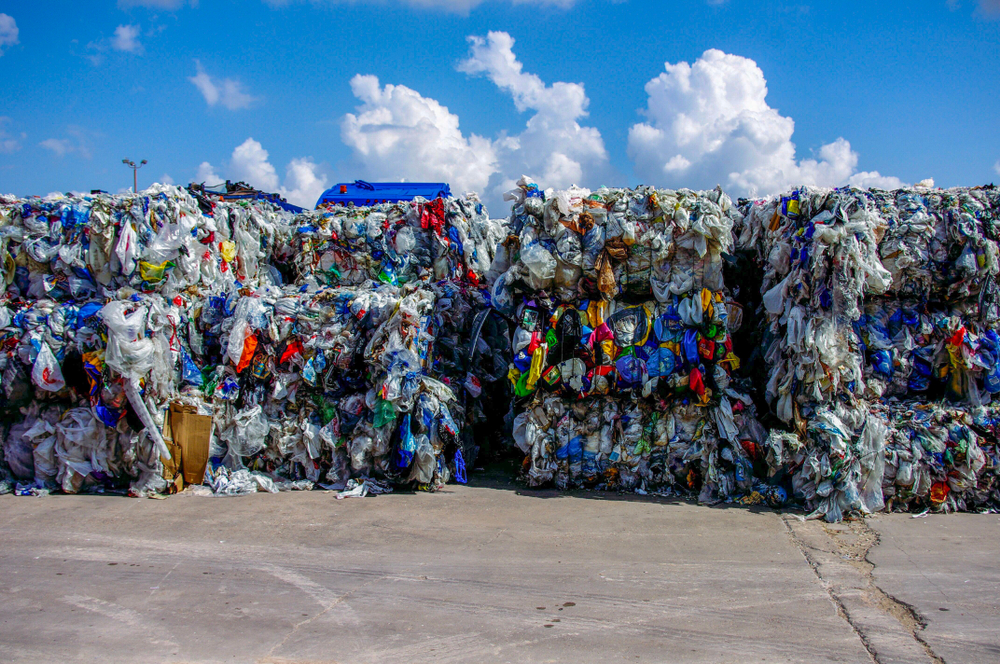

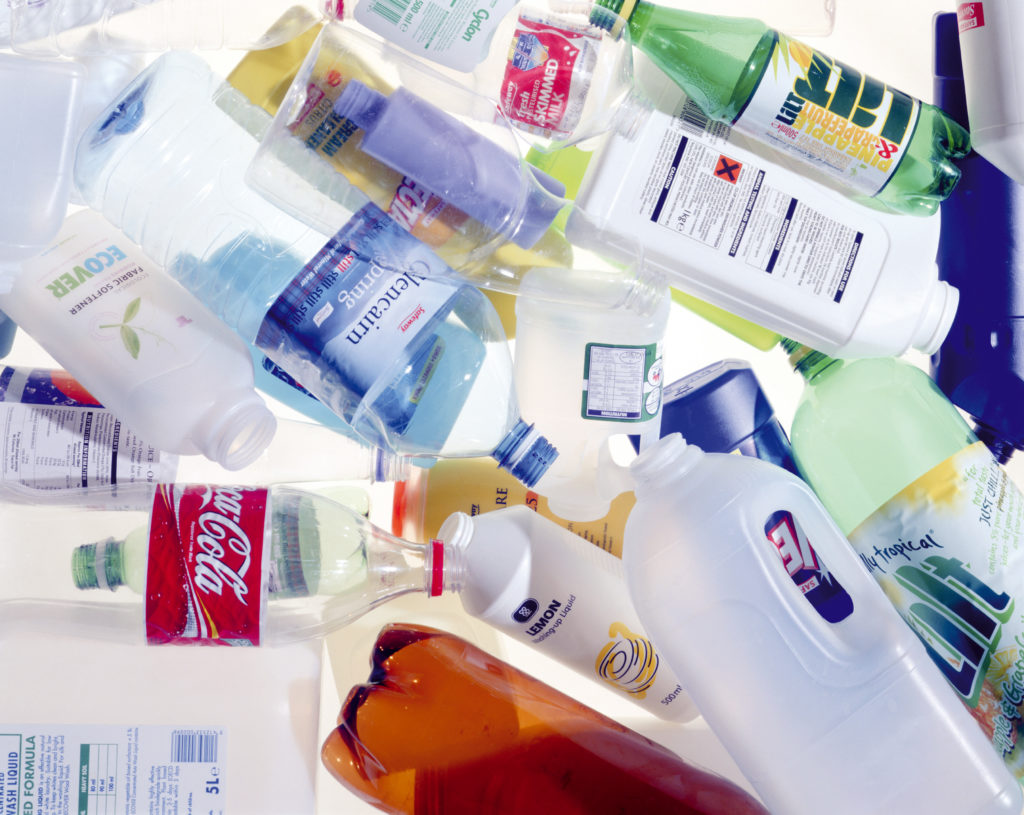
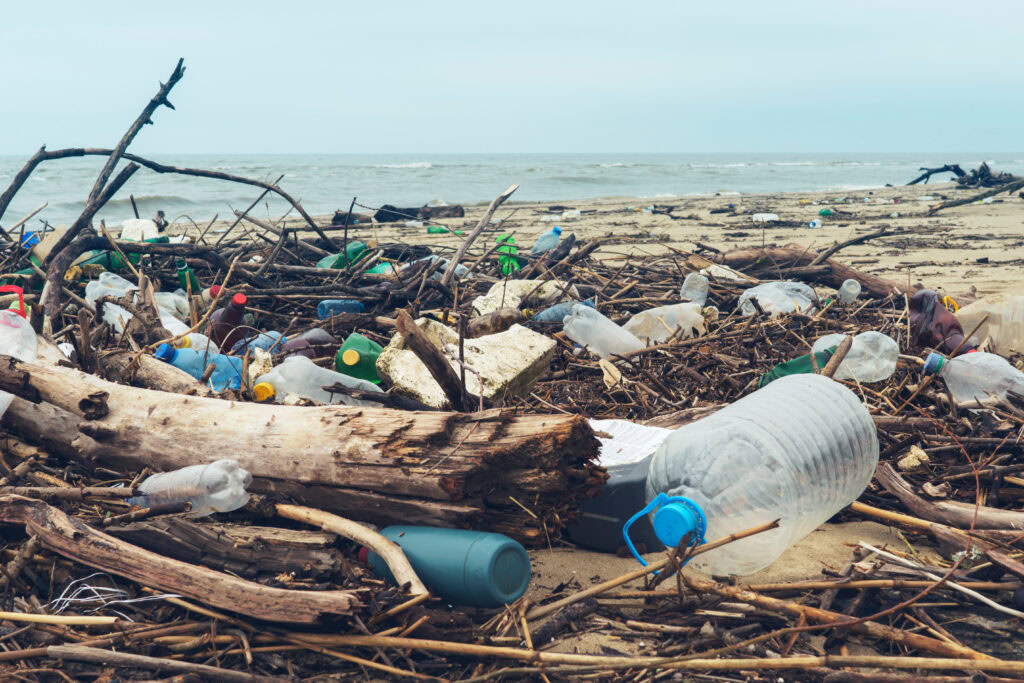
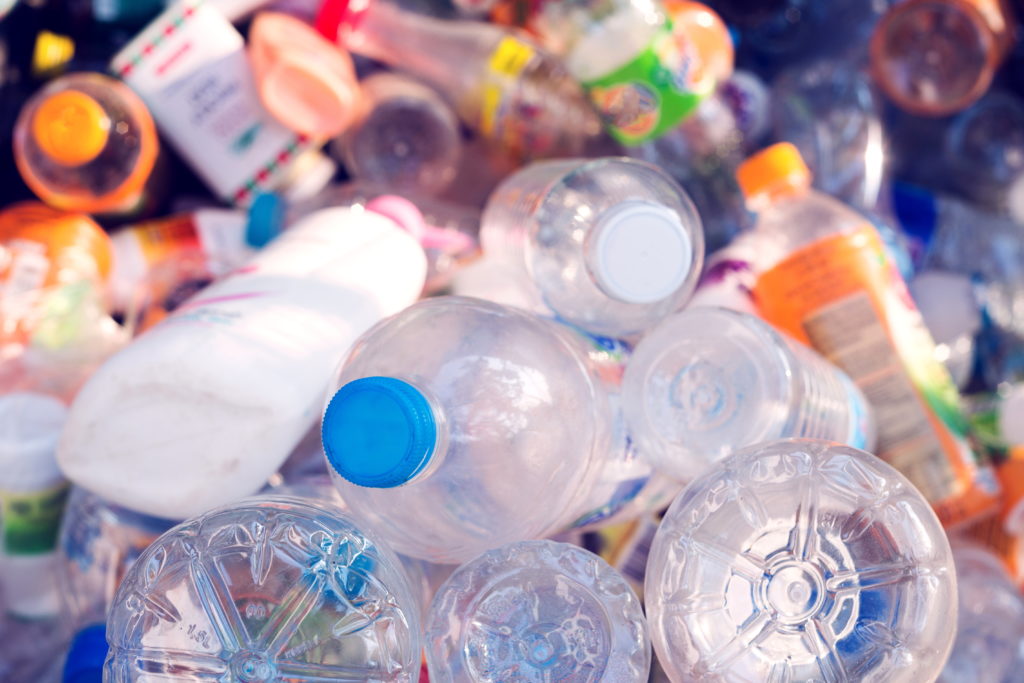


Subscribe for free